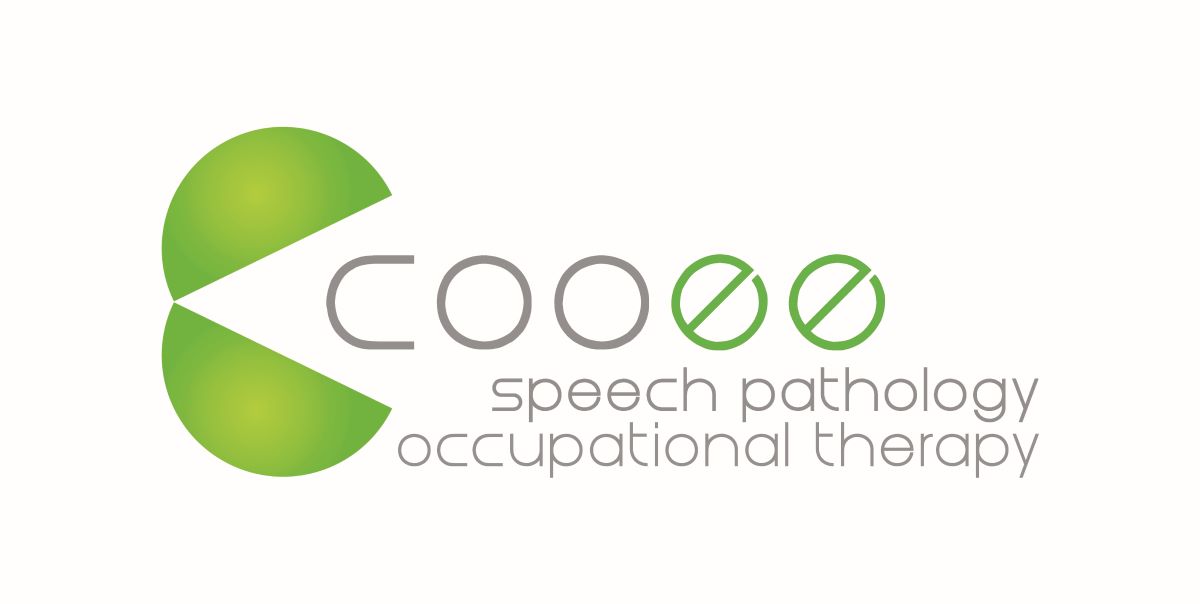Attendance
Please arrive 5-10 minutes before your appointment time to allow time for your child to relax, and use the bathrooms if needed before their session time. We aim to always run on schedule, and cannot generally extend appointment times to accommodate breaks.
If your child needs to eat prior to their session, please do so outside of the clinic. We aim to keep our welcome room food-free, to support our children with complex medical needs.
Your appointment time will be booked on a forward basis across each Therapy Cycle. If you require an extended break from your regular time, your time may be offered to another family. If you choose to change your regular time, we may not be able to offer you another time. Please discuss any changes to your schedule with our Client Care team and your Therapist.
Your therapist will make a plan with you for your scheduled sessions which will include time for correspondance, planning, setup/pack down and documentation. We encourage you to bring in questions, and ask for consultative advice on home or school environments to make the most of your sessions. All elements of our sessions are billed as direct service time. Additional requests for indirect services (e.g. letters, phone calls, meetings) will be quoted by the therapist during your goal review sessions.
Speech Pathology and Occupational Therapy are behavioural sciences. This means, to make progress – repetition and practice is required. Your therapist will set home follow up activities relevant to your child’s goals. Consistent lack of home follow up will impact your child’s progress. Attendance at therapy sessions alone is not sufficient for change.
In line with the above, we request parents remain in the therapy sessions, and actively engage in the sessions. At Cooee we lean towards a parent training approach, as parents are the primary agent of therapy in daily practice at home. Your therapist may ask to coach you, or ask for you to demonstrate how you complete tasks at home, to offer advice and support as a part of your Therapy Plan.
Regular/repeat non-attendance (above 30%) will result in the loss of your regular therapy time after discussion with your therapist.
Unaccompanied Minors
A minor or client is not to be left under the care of Cooee without formal discussion. No child under the age of 12 or children older than 12 with co-occuring conditions is to be left under the supervision of Cooee. Our clinicians and client care reserve the right to refuse a request to leave a Child/Client at the clinic for the duration of the session. This policy is acknowledged by parents at the time of signing the therapy agreement. Regular exceptions to this policy can only be determined by the director or practice manager, and must be with reasonable circumstances, risk assessment, and a procedural plan in place for emergencies.
If a child is required to be left under the care of Cooee, it must only be under the following circumstances:
- In the event of an unexpected emergency
- If a parent/guardian is required to make a phone call/meeting outside the clinic (e.g. on the pavement or in their car) and is still within immediate contactable distance of the clinic.
Permission must be provided by the clinician or client care staff in this event, and contact phone numbers alongside expected time of return provided.
In the event that the Parent/Guardian has not returned to the Premises at by the conclusion of the session, the Clinic reserves the right to make every reasonable attempt to contact the Parent/Guardian immediately. If the Parent/Guardian cannot be contacted, the Clinic will attempt to contact the Child/Patient’s emergency contact. In the event that the emergency contact cannot be reached, the Clinic reserves the right to contact the Police or relevant authorities. The Child/Patient will remain under the supervision and care of the Clinic until an approved Parent/Guardian or the police have arrived to collect the Child/Patient.
Parents are expected to remain ‘in supervision’ of their children at all times, including managing behaviours and attending to toileting needs.
